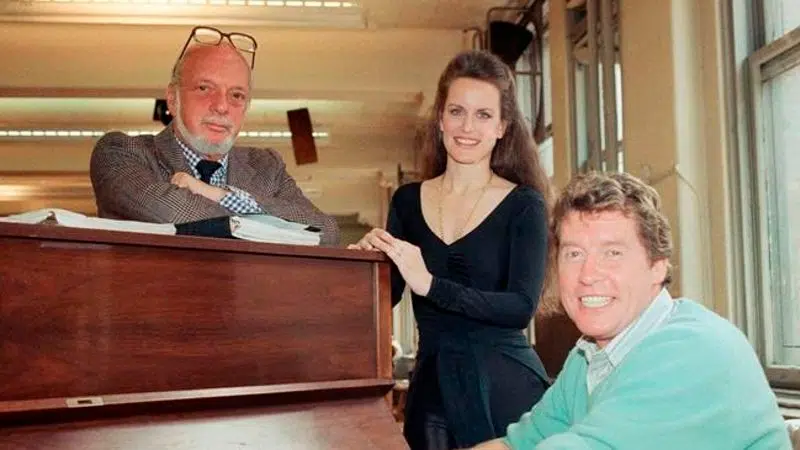
Towering Broadway director and producer Hal Prince has died
NEW YORK — Harold Prince, a Broadway director and producer who pushed the boundaries of musical theatre with such groundbreaking shows as “The Phantom of the Opera,” ”Cabaret,” ”Company” and “Sweeney Todd” and won a staggering 21 Tony Awards, has died. Prince was 91.
Prince’s publicist Rick Miramontez said Prince died Wednesday after a brief illness in Reykjavik, Iceland. He was in transit from Europe to New York. Broadway marquees will dim their lights in his honour Wednesday night.
Prince was known for his fluid, cinematic director’s touch and was unpredictable and uncompromising in his choice of stage material. He often picked challenging, offbeat subjects to musicalize, such as a murderous, knife-wielding barber who baked his victims in pies or the 19th-century opening of Japan to the West.
Along the way, he helped create some of Broadway’s most enduring musical hits, first as a producer of such shows as “The Pajama Game,” ”Damn Yankees,” ”West Side Story,” ”A Funny Thing Happened on the Way to the Forum” and “Fiddler on the Roof.” He later became a director, overseeing such landmark musicals as “Cabaret,” ”Company,” ”Follies,” ”Sweeney Todd,” ”Evita” and “The Phantom of the Opera.”


